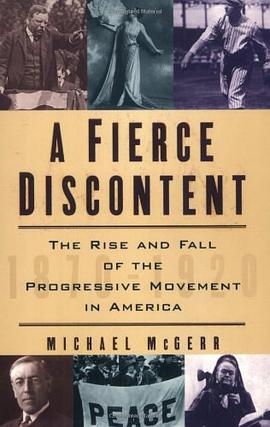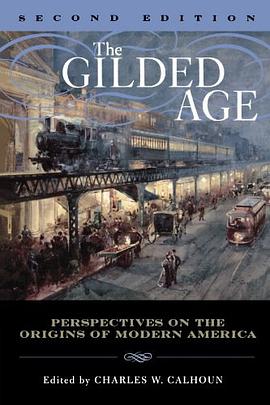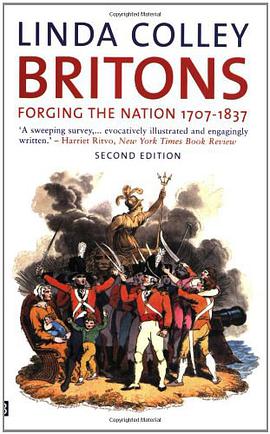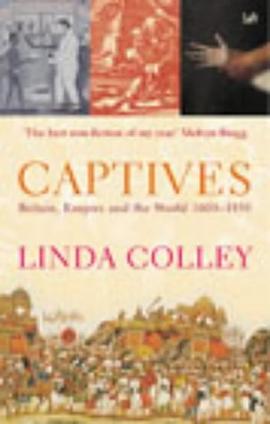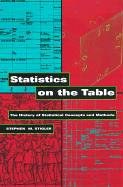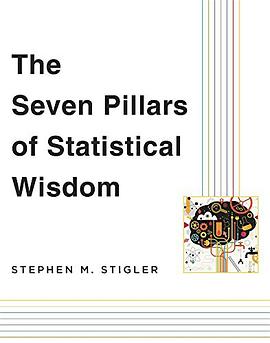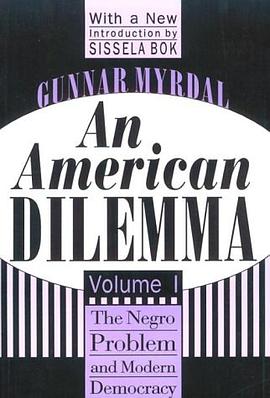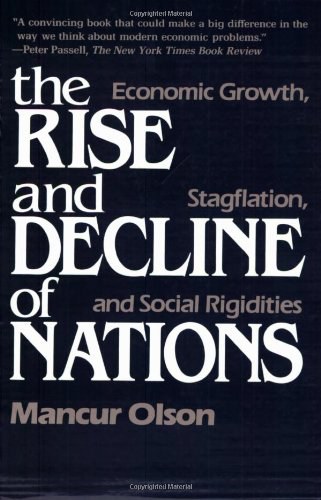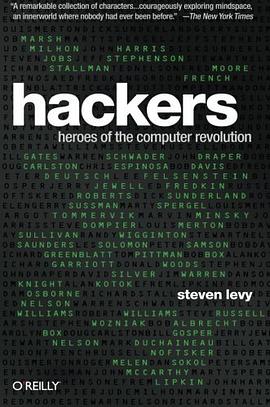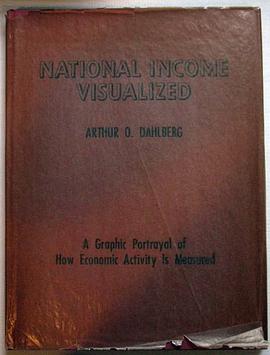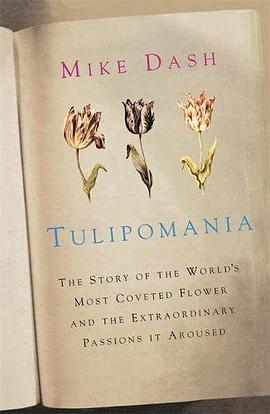This 25th anniversary edition of Steven Levy's classic book traces the exploits of the computer revolution's original hackers -- those brilliant and eccentric nerds from the late 1950s through the early '80s who took risks, bent the rules, and pushed the world in a radical new direction. With updated material from noteworthy hackers such as Bill Gates, Mark Zukerberg, Richard Stallman, and Steve Wozniak, Hackers is a fascinating story that begins in early computer research labs and leads to the first home computers. Levy profiles the imaginative brainiacs who found clever and unorthodox solutions to computer engineering problems. They had a shared sense of values, known as "the hacker ethic," that still thrives today. Hackers captures a seminal period in recent history when underground activities blazed a trail for today's digital world, from MIT students finagling access to clunky computer-card machines to the DIY culture that spawned the Altair and the Apple II.
Amazon.com Exclusive: The Rant Heard Round the World
By Steven Levy
Author Steven Levy When I began researching Hacker s--so many years ago that it’s scary--I thought I’d largely be chronicling the foibles of a sociologically weird cohort who escaped normal human interaction by retreating to the sterile confines of computers labs. Instead, I discovered a fascinating, funny cohort who wound up transforming human interaction, spreading a culture that affects our views about everything from politics to entertainment to business. The stories of those amazing people and what they did is the backbone of Hackers: Heroes of the Computer Revolution .
But when I revisited the book recently to prepare the 25th Anniversary Edition of my first book, it was clear that I had luckily stumbled on the origin of a computer (and Internet) related controversy that still permeates the digital discussion. Throughout the book I write about something I called The Hacker Ethic, my interpretation of several principles implicitly shared by true hackers, no matter whether they were among the early pioneers from MIT’s Tech Model Railroad Club (the Mesopotamia of hacker culture), the hardware hackers of Silicon Valley’s Homebrew Computer Club (who invented the PC industry), or the slick kid programmers of commercial game software. One of those principles was “Information Should Be Free.” This wasn’t a justification of stealing, but an expression of the yearning to know more so one could hack more. The programs that early MIT hackers wrote for big computers were stored on paper tapes. The hackers would keep the tapes in a drawer by the computer so anyone could run the program, change it, and then cut a new tape for the next person to improve. The idea of ownership was alien.
This idea came under stress with the advent of personal computers. The Homebrew Club was made of fanatic engineers, along with a few social activists who were thrilled at the democratic possibilities of PCs. The first home computer they could get their hands on was 1975’s Altair, which came in a kit that required a fairly hairy assembly process. (Its inventor was Ed Roberts, an underappreciated pioneer who died earlier this year.) No software came with it. So it was a big deal when 19-year-old Harvard undergrad Bill Gates and his partner Paul Allen wrote a BASIC computer language for it. The Homebrew people were delighted with Altair BASIC, but unhappy that Gates and Allen charged real money for it. Some Homebrew people felt that their need for it outweighed their ability to pay. And after one of them got hold of a “borrowed” tape with the program, he showed up at a meeting with a box of copies (because it is so easy to make perfect copies in the digital age), and proceeded to distribute them to anyone who wanted one, gratis.
This didn’t sit well with Bill Gates, who wrote what was to become a famous “Letter to Hobbyists,” basically accusing them of stealing his property. It was the computer-age equivalent to Luther posting the Ninety-Five Theses on the Castle Church. Gate’s complaints would reverberate well into the Internet age, and variations on the controversy persist. Years later, when another undergrad named Shawn Fanning wrote a program called Napster that kicked off massive piracy of song files over the Internet, we saw a bloodier replay of the flap. Today, issues of cost, copying and control still rage--note Viacom’s continuing lawsuit against YouTube and Google. And in my own business—journalism--availability of free news is threatening more traditional, expensive new-gathering. Related issues that also spring from controversies in Hackers are debates over the “walled gardens” of Facebook and Apple’s iPad.
I ended the original Hackers with a portrait of Richard Stallman, an MIT hacker dedicated to the principle of free software. I recently revisited him while gathering new material for the 25th Anniversary Edition of Hackers , he was more hard core than ever. He even eschewed the Open Source movement for being insufficiently noncommercial.
When I spoke to Gates for the update, I asked him about his 1976 letter and the subsequent intellectual property wars. “Don’t call it war,” he said. “Thank God we have an incentive system. Striking the right balance of how this should work, you know, there's going to be tons of exploration.” Then he applied the controversy to my own situation as a journalism. “Things are in a crazy way for music and movies and books,” he said. “Maybe magazine writers will still get paid 20 years from now. Who knows? Maybe you'll have to cut hair during the day and just write articles at night.”
So Amazon.com readers, it’s up to you. Those who have not read Hackers, , have fun and be amazed at the tales of those who changed the world and had a hell of time doing it. Those who have previously read and loved Hackers , replace your beat-up copies, or the ones you loaned out and never got back, with this beautiful 25th Anniversary Edition from O’Reilly with new material about my subsequent visits with Gates, Stallman, and younger hacker figures like Mark Zuckerberg of Facebook. If you don’t I may have to buy a scissors--and the next bad haircut could be yours! Read Bill Gates' letter to hobbyists
